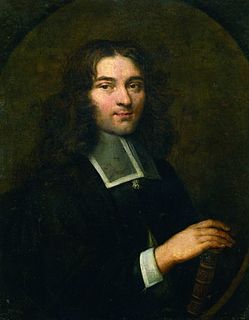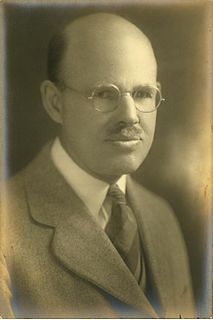A Quote by David Hume
What would become of history, had we not a dependence on the veracity of the historian, according to the experience, what we have had of mankind?
Related Quotes
The introduction of the Christian religion into the world has produced an incalculable change in history. There had previously been only a history of nations--there is now a history of mankind; and the idea of an education of human nature as a whole.--an education the work of Jesus Christ Himself--is become like a compass for the historian, the key of history, and the hope of nations.
In all of the history of mankind there has never been a time when we have had a greater opportunity to increase our knowledge of the law of the Lord...Surely there can be no excuse for us not to become the best informed generation of all time in our knowledge of the scriptures. Never before have we had opportunity such as we have today to become real gospel scholars.
I had studied history at Brown and didn't feel like doing anything with it. What does one do with a history degree besides become a historian? And the professors in school, it seemed like they were just writing books for other professors to comment on, and vice versa - it was the most self-referential, boring world you could ever imagine.
It is clear, from these considerations, that the three methods of classifying mankind-that according to physical characters, according to language, and according to culture-all reflect the historical development of races from different standpoints; and that the results of the three classifications are not comparable, because the historical facts do not affect the three classes of phenomena equally. A consideration of all these classes of facts is needed when we endeavour to reconstruct the early history of the races of mankind.
Anyone, however, who has had dealings with dates knows that they are worse than elusive, they are perverse. Events do not happen at the right time, nor in their proper sequence. That sense of harmony with place and season which is so strong in the historian--if he be a readable historian--is lamentably lacking in history, which takes no pains to verify his most convincing statements.
My films have always had an element of immediate autobiography, in that I shoot any particular scene according to the mood I'm in that day, according to the little daily experiences I've had and am having - but I don't tell what has happened to me. I would like to do something more strictly autobiographical, but perhaps I never will, because it isn't interesting enough.
According to most philosophers, God in making the world enslaved it. According to Christianity, in making it, He set it free. God had written, not so much a poem, but rather a play; a play he had planned as perfect, but which had necessarily been left to human actors and stage-managers, who had since made a great mess of it.









































